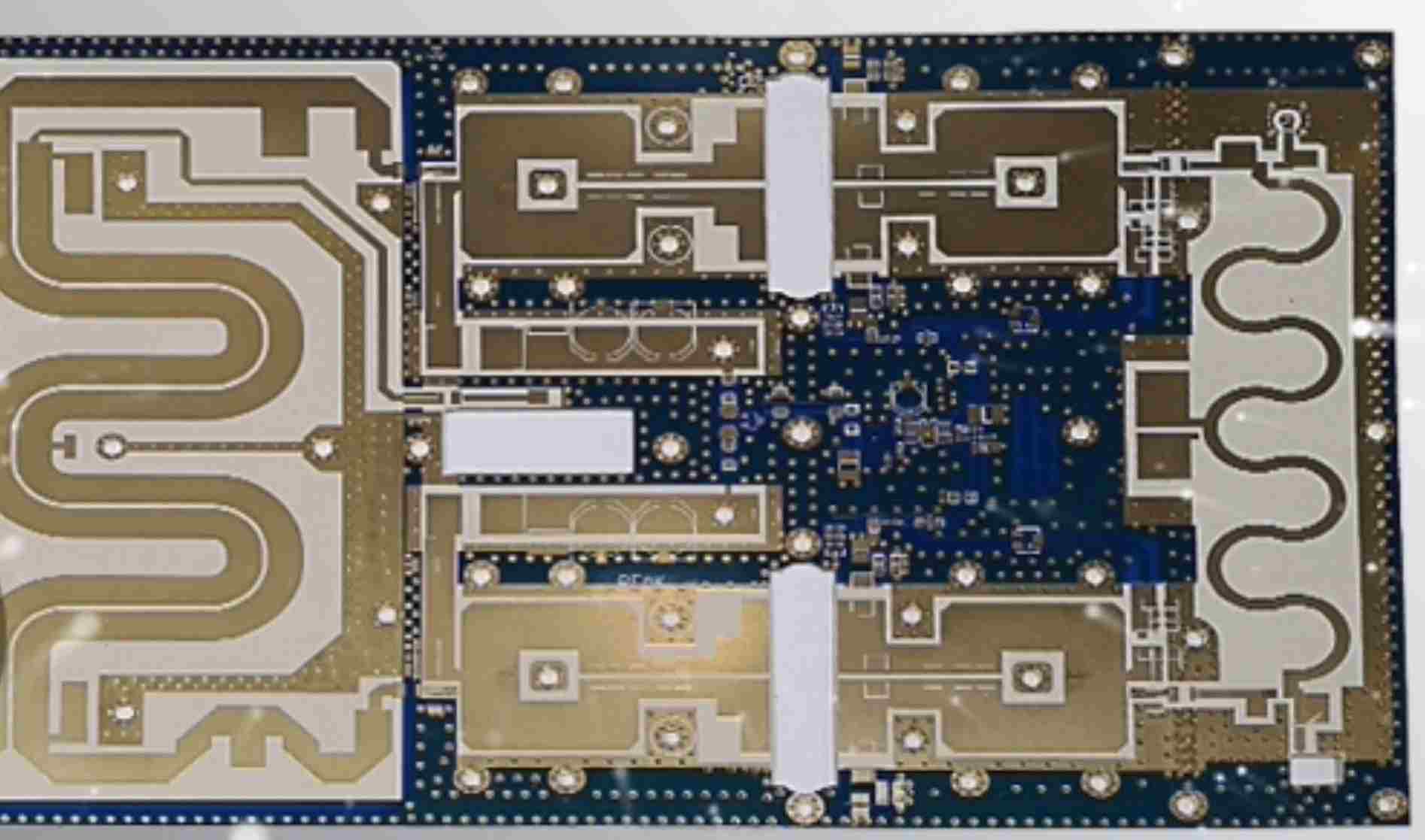Overview of Thermal Spray
Thermal spray is a coating process in which melted or heated materials are sprayed onto a surface. The coating materials, often metals, ceramics, or composites, adhere to the surface to form a protective coating. Thermal spray allows for the deposition of thick coatings, in the range of .001″ to several inches thick. Coatings provide wear and corrosion resistance, thermal barrier protection, and other functional properties.
Thermal spray involves feeding coating materials into a heated gas stream, which melts or softens the materials and propels them toward the prepared surface. The particles flatten and form a splat upon impact, coating the surface. Common thermal spray methods include flame spraying, electric arc spraying, plasma spraying, high velocity oxy-fuel (HVOF) spraying, detonation gun spraying, and cold spraying.
Rogers Thermal Spray Materials

Rogers Corporation manufactures several materials used for thermal spray coatings, including:
Metals
- Pure copper
- Nickel alloys
- Molybdenum
Ceramics
- Aluminum oxide
- Chromium oxide
- Zirconium oxide
Composites
- Metal-ceramic composites
- Polymer-ceramic composites
Rogers’ materials cover a wide range of uses in thermal spray such as electrical conductivity, wear resistance, high temperature resistance, corrosion protection, and combinations of properties.
Properties of Rogers Thermal Spray Materials
| Material | Key Properties |
|---|---|
| Pure Copper | Excellent electrical and thermal conductivity |
| Nickel Alloys | Corrosion resistance, moderate hardness |
| Aluminum Oxide | Wear resistance, electrical insulation |
| Chromium Oxide | Corrosion resistance, hardness |
| Metal-Ceramic Composites | Tunable properties |
Coating Applications
Rogers thermal spray materials are used across many industries and applications including:
- Electrical contacts
- Bearings
- Valves
- Pumps
- Oil and gas components
- Aerospace components
- Automotive components
The materials provide important functional properties such as wear resistance, heat resistance, corrosion protection, and conductivity.
Working with Rogers on Thermal Spray Coatings
Rogers Corporation has extensive experience developing and applying thermal spray coatings. Their technical expertise can help identify optimal materials and processes to meet application requirements. Rogers offers material testing, coating development, and production coating services.
Frequently Asked Questions
What materials does Rogers offer for thermal spray?
Rogers offers a range of metals, ceramics, and composites for thermal spray including copper, nickel alloys, aluminum oxide, chromium oxide, and metal-ceramic composites.
What industries use Rogers thermal spray materials?
Key industries include electrical, oil and gas, aerospace, automotive, and general industrial. The materials provide important properties like wear resistance.
Why use thermal spray coatings?
Thermal spray allows deposition of thick, functional coatings not possible with other processes. Coatings can provide corrosion, wear, heat, and electrical resistance.
What services does Rogers offer?
Rogers provides complete solutions including material testing, coating development, and production coating services. Their expertise helps identify optimal materials and processes.
How are thermal spray coatings applied?
Thermal spray coats by melting materials and spraying them onto a prepared surface. The particles flatten and stack up to form a coating layer. Common methods are flame, arc, plasma, and HVOF spraying.

Leave a Reply